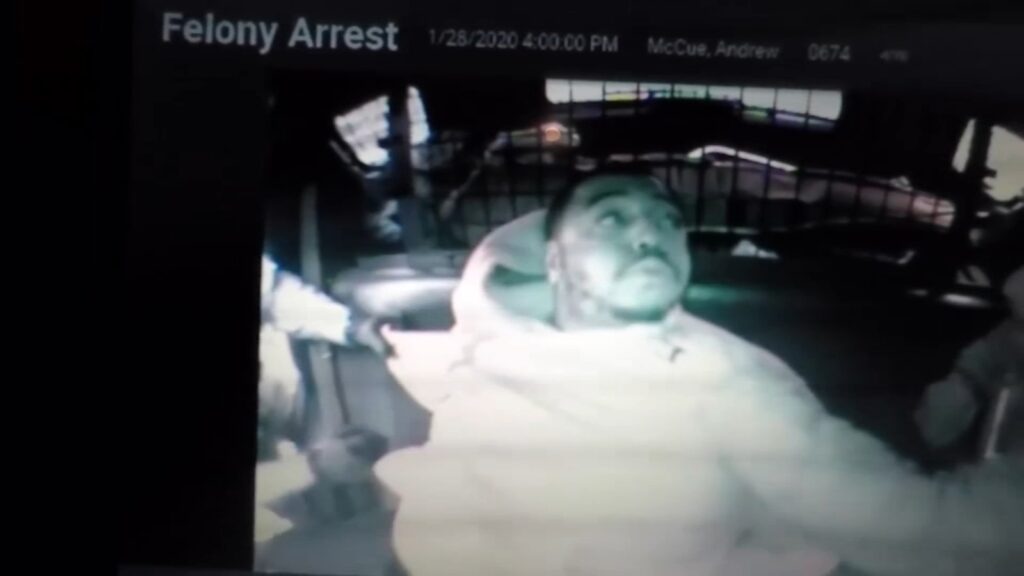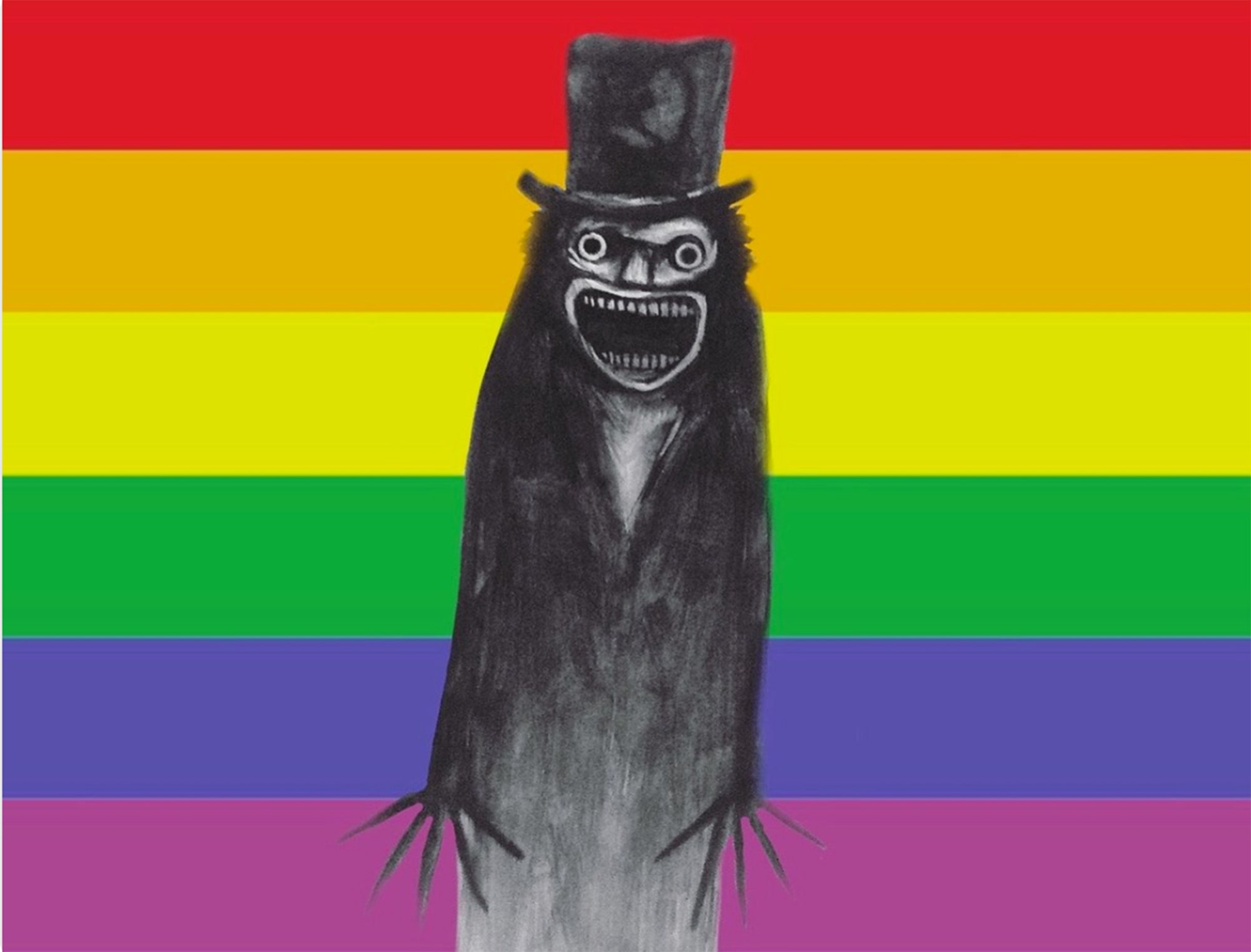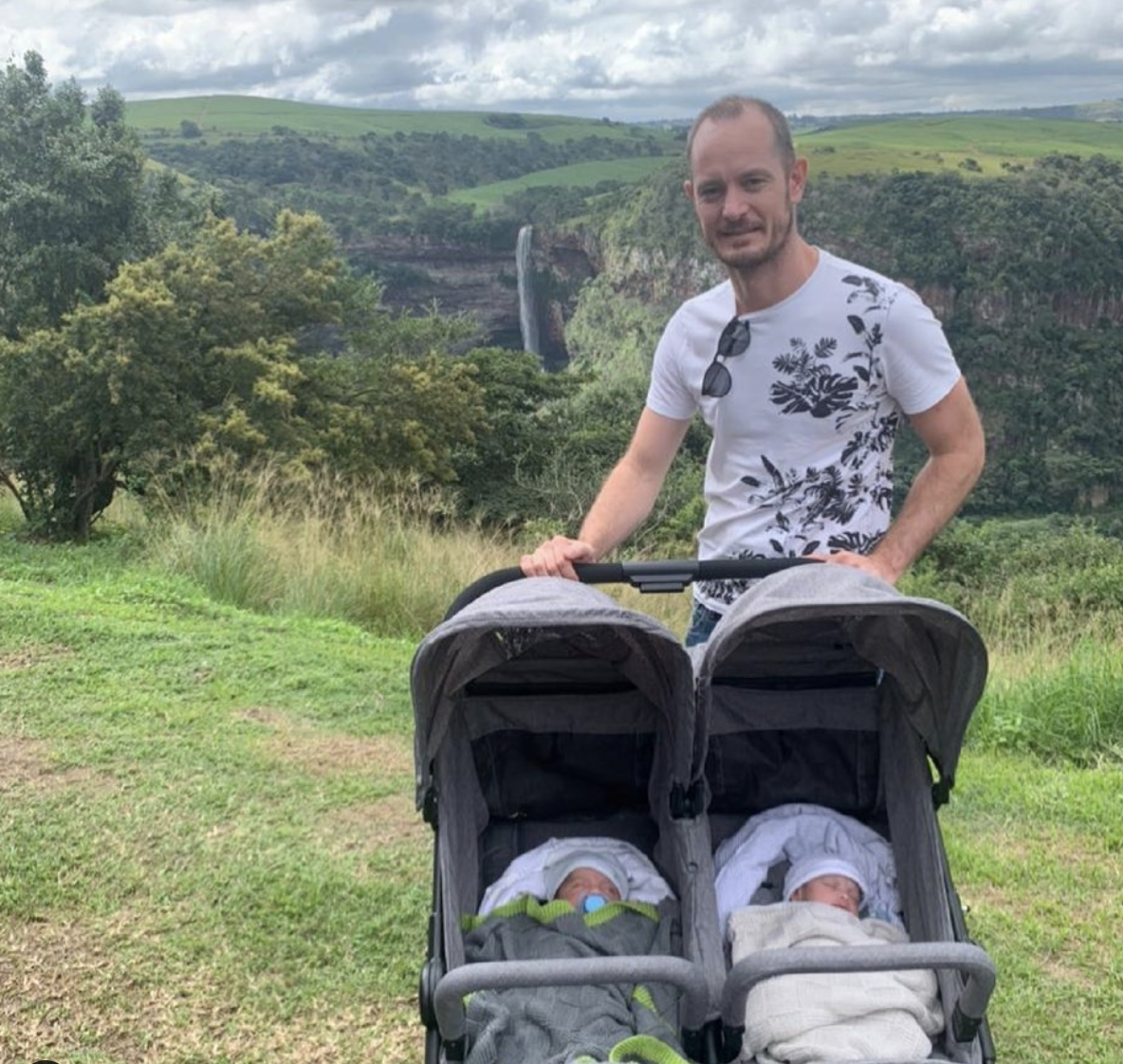TRIGGER WARNING: Police Violence.
A whistleblower cop, Javier Esqueda, recently posted a video online of a Black man who was killed in police custody in January in Joliet, Illinois.
In the video, Eric Lurry, the Black man, was recorded in the back seat of a police vehicle. While unconscious, Lurry’s mouth was stuffed with a police baton, his nostrils were held shut, and he was slapped repeatedly across the face by an officer.
Lurry died in police custody shortly after.
Sergeant Javier Esqueda, a twenty-seven year veteran, blew the whistle on the existence of the Joliet police recording. Now, Sgt. Esquesda has been stripped of his police badge, gun, and vehicle and is on administrative leave.
“Seeing that video was so disturbing, I cried,” Esqueda said in an interview last week. “Every day, having to live with that was a hard thing, knowing this administration was probably going to do nothing about it… I did the right thing. I’m a good, honest cop.”
Joliet PD murdered a black man named Eric Lurry. They pinched his nose shut while shoving a baton in his mouth. They tortured & killed him. I want James Glasgow @willcountysao to charge officers Doug May & Bill McCue w/ his murder. We need to get his name trending too #EricLurry
— Michael (@m_gutierrez1104) July 2, 2020
Another innocent soul taken from a family on January 9, 2020 in Joliet, IL Eric Lurry was harassed by JPD (Joliet police Department). They held the video for 5 months with any Justice for the family. He was slapped, they held his nose together and forced a baton down his throat
— MariiDaDon (@bbygrl_E) July 2, 2020
There has since been a call by protesters to fire the two cops involved in Lurry’s death.
A system that only aims to protect the criminal deeds of its members is a corrupt one. In part, they are largely protected by qualified immunity, evident in the fact that Esqueda was fired for leaking the video while his colleagues, who commit the murder, are still working. As long as an officer does not clearly violate an individual’s statutory or constitutional legal rights, the officer is protected by law.
Additionally, officers are judged only from the perspective of a reasonable officer at the scene. The “blue wall of silence” is real, and it is clear that officers protect each other that keeps them above the law that they vow to protect. That’s why the officers involved in the killings of Elijah McClain, Breonna Taylor and George Floyd remained untouched for so long: the police department has established a culture where “snitches get stitches” and those who push its agenda are praised.





